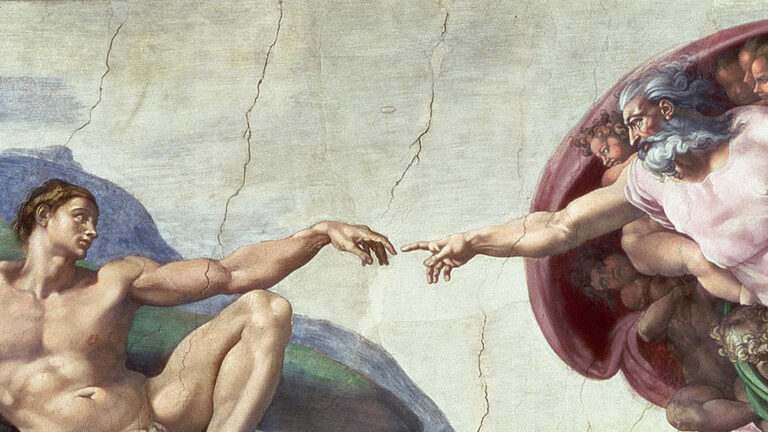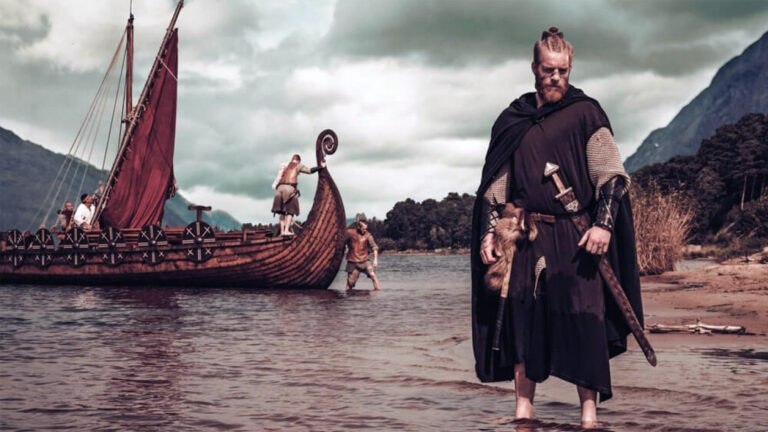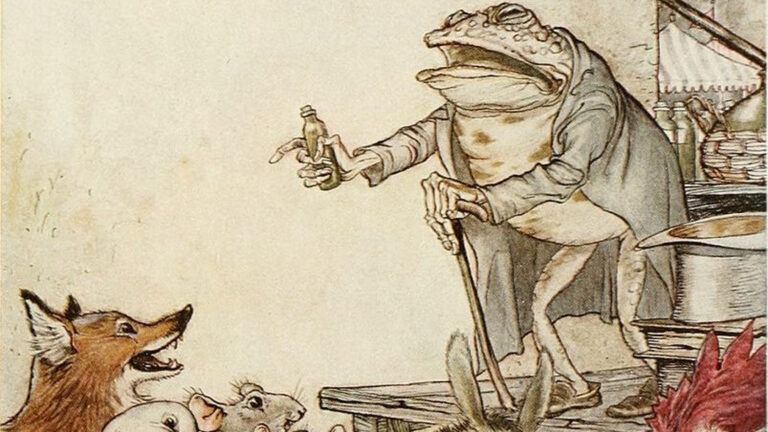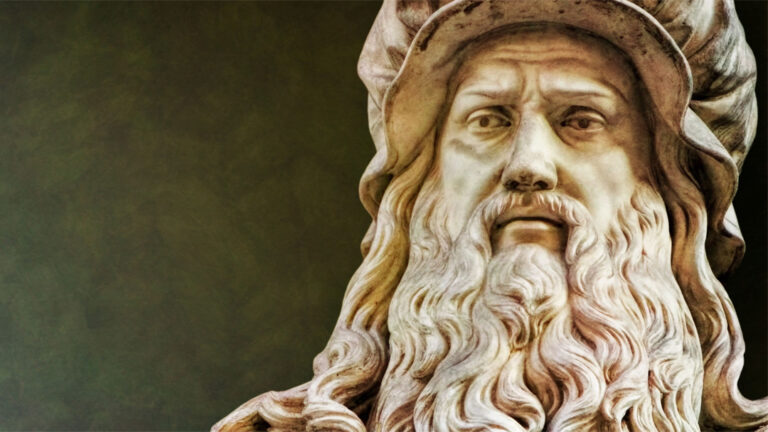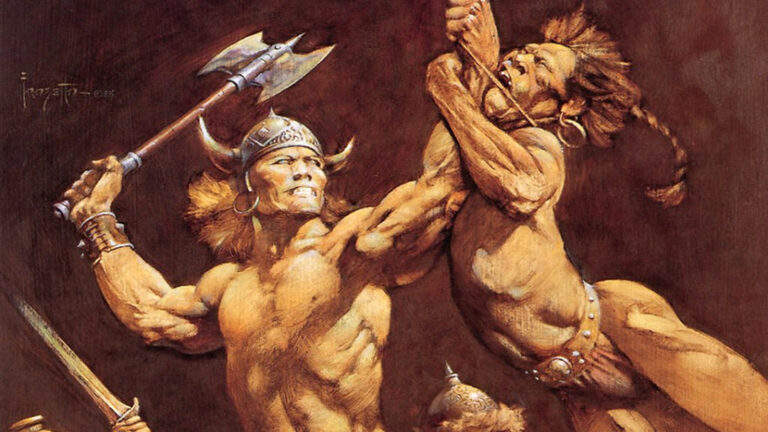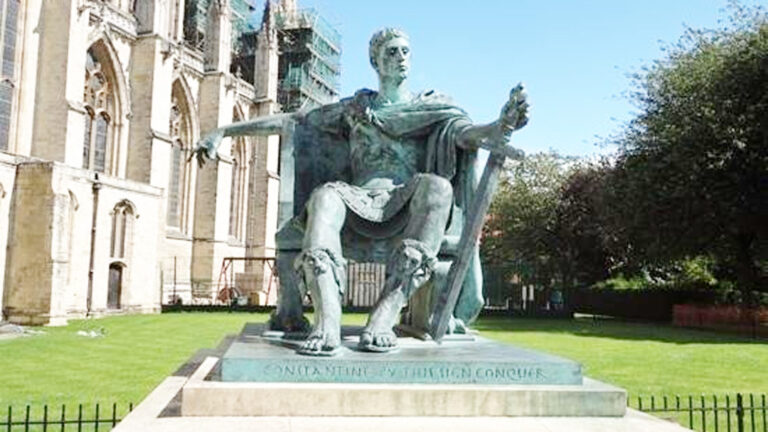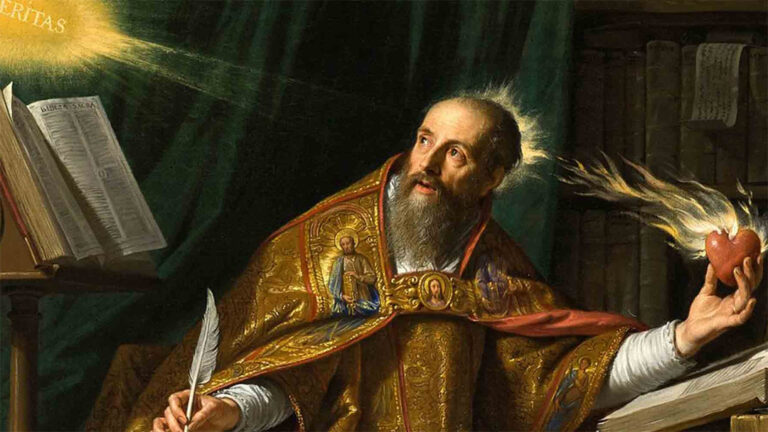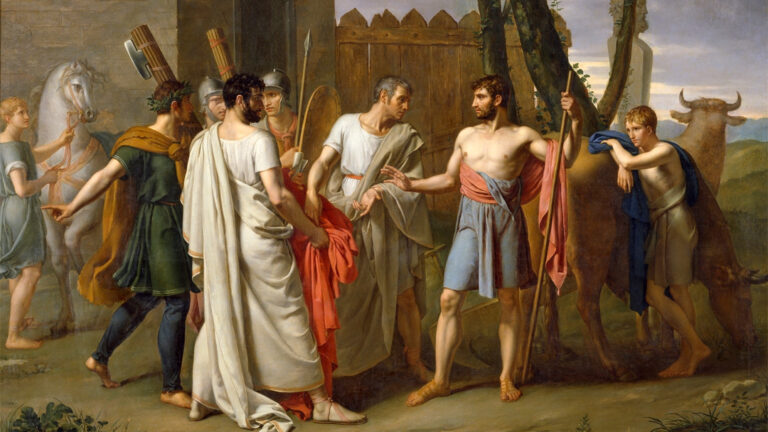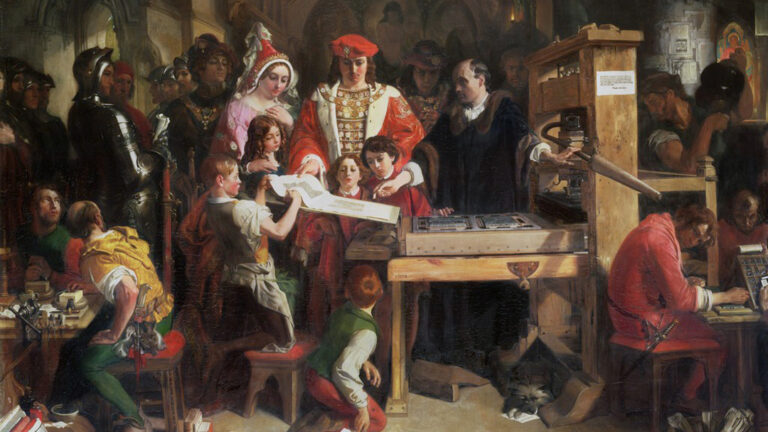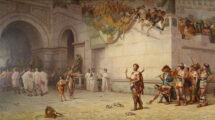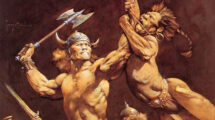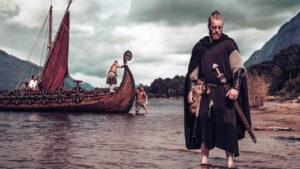LESSON XVI: INVENTION OF THE PRINTING PRESS
Conducting: Steward. Opening Remarks/Announcements (Announce that at the end of the meeting we will: (1) sign up new members; (2) ask for contributions on the website or take up a collection).
Steward: Explanation of Ethical Overlay. The purpose of the Ethical Overlay is to provide an overlay to ethical, moral and religious beliefs in areas of identity, family and heritage, to promulgate ethical and moral policy and to help each individual to become a better person and preserve the environment for future generations. Announcements will be at the end of the meeting.
Congregant: Opening words of Inspiration
Western civilization has a strong tradition of literacy. Reading and publishing have laid the foundations of cultural identity, strengthened faith in God, and fueled the growth and spread of democracy. The invention of the printing press by Johannes Gutenberg was instrumental to the progress of Western civilization. Many people have acknowledged the indisputable impact of the printing press:
- “Break up the printing presses and you break up rebellion.” —Dudley Nichols
- “The printing press is the greatest weapon in the armoury of the modern commander.” —T.E. Lawrence
- “You can’t have an industrial revolution, you can’t have democracies, you can’t have populations who can govern themselves until you have literacy. The printing press simply unlocked literacy.” —Howard Rheingold
- “The coming of the printing press must have seemed as if it would turn the world upside down in the way it spread and, above all, democratized knowledge.” —James E. Burke
Steward: We will now have a Moment of Silence for: __(decide locally)___. [about 20 second pause].
J.S. Bach (1685-1750) wrote many cantatas in his position as a church musician. His sacred cantatas usually run about half an hour and involve orchestra, chorus, and vocal soloists. Jesu, Joy of Man’s Desiring comes from one such cantata and has made its way independently into many Christmas and Easter celebrations, and even weddings.
[Play musical selection] Steward: We will now have a discussion on the following topic:Discussion: William Tyndale Printed the English Bible
In 1454, a great battle was fought in Constantinople between the Christians and the Turks and the Christians were driven out of the city, at that time the greatest city in the world, where most of the schools of learning were located. Greek scholars came to live in all parts of Europe. [These] men became very much interested in the Greek New Testament and began to read it instead of the old Latin one they had always read. They made many people think about how wonderful it would be to have the Bible in the language of the people, so everyone could read it. With the new study of the language and the new printing press, things began to happen…
One day some students [in England] were talking about all this new interest in the Bible, and one man said very positively: “The Bible is not necessary. It is all foolishness to talk about translating it into English for the people to read. All they need is the word of the pope. We had better be without God’s laws than the pope’s laws!”
William Tyndale rose from his chair, and striking his clenched fist on the table shouted, “I defy the pope and all his laws; and, if God spares me, I will one day make the boy that drives the plow in England to know more of the Scriptures than the pope does!”
It was not an idle boast. William Tyndale went right to work to make an English Bible that all the people could read… [after facing much opposition in England and Germany, he fled to Worms, where Martin Luther lived.]
There the first English Bible was printed, two sizes being made, one large and one small, for [Tyndale] thought if the English Catholic bishops found the large ones, he might be able to hide the smaller ones… In barrels all covered with cloth and articles for sale, in bales that looked like cloth, in sacks of flour, in every way that could be found to hide them, [the Bibles] were sent across to England.
The Catholic bishops found out they were being sold. Every seaport was carefully watched, and many a package of Bibles was found by the officers and burned. But more Bibles came.
Finally the Catholic bishop of London had a bright idea! He decided he would buy all the copies that were printed, through a merchant in Germany! Then there would be no more Bibles to come across the water. He did not know that the merchant he asked to do this was a friend of Tyndale.
This friend thought he saw a way to help Tyndale. He knew that right at that time Tyndale needed money more than anything else, to pay his printers for the work they had done, and start a new printing of the Bibles. So [Tyndale’s friend] said, “My lord, I will be glad to attend to this matter. But it will take money to do it, for the men who have these books in Germany hold them at a high price.”
“My dear Sir,” said the bishop, “do your best to get them for me, all of them, for they are very bad books. I will gladly pay you whatever they cost, for I intend to burn them all and end this matter.”
[The merchant friend] went to Tyndale, bought his books at a good price and brought them over to England, while Tyndale went right to work on a new printing, for he now had plenty of money…“How can this be?” a man who had been arrested for helping Tyndale, was asked. “I will tell you truly, my lord,” the man replied, “Tis yourself that gave us the money to print the Bibles!”
He was so mad that he stirred up all England against Tyndale. All the great Catholic preachers began to preach about it, most of them thinking it would do a great deal of harm to have the Bible in the language of the people, a few very brave and wise men saying it would be much better for England. At last Tyndale won, for the Bible was everywhere. One old bishop said sadly, “It passeth my power, or that of any man, to hinder it now!”
So the Bible came to England, and from England to all the world. But the man who gave it to the world never knew what a glorious victory he had won…
One night as Tyndale walked out from his home to enjoy the evening air, a band of men set upon him, bound him, and carried him away to a dark prison.
There was no trial. They knew they were going to kill him. He knew it, too. Gladly he laid down his life, for he had done the work he had set himself to do. The Bible was in England, in the language all the people could read. Before they hanged Tyndale and then burned his body, he asked them if he might send a message to England and they told him ‘NO’.
Then he closed his eyes and prayed earnestly, “Lord, open the king of England’s eyes.”
(From https://www.richard-2782.net/tynd.htm)
1. What do we have today because of the invention of the printing press?
a. Where would our civilization be without it?
2. What important historical events were made possible because of the dissemination of information enabled by the printing press?
3. How is the published word essential to democracy and freedom?
4. How do the printing press and the internet compare?
a. How can we use the internet as a tool for good? What do we need to be careful of with regards to the internet?
5. Why was opposition to an English Bible so strong?
6. How did Tyndale demonstrate courage and conviction?
a. What can we do today to continue his work?
Congregant: Closing words of inspiration. (quotes by Tyndale)
“There is no work better than to please God; to pour water, to wash dishes, to be a cobbler, or an apostle, all are one; to wash dishes and to preach are all one, as touching the deed, to please God.”
“I perceived how that it was impossible to establish the lay people in any truth except the Scripture were plainly laid before their eyes in their mother tongue.”
Extend an invitation/commitment to apply one thing learned this week.
Steward: Take contributions from group made payable to Ethical Overlay. [Take cash, checks, or commitments to pay online].
[Adjournment] Announcements and Questions after adjournment